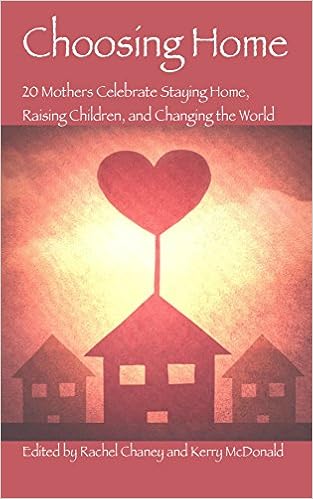Unschooling and workbooks. Isn't that an oxymoron? Isn't the whole idea of unschooling that you don't follow a curriculum or adopt a schooled mindset?
It's true that unschooling, generally speaking, means living as if school doesn't exist. It means avoiding curriculum and the classic stereotype of "kitchen table" homeschooling, all gathered around the table doing lessons that the parent dictates.
Unschooling, or Self-Directed Education, means giving young people the freedom and opportunity to direct their own learning, following their own interests and passions, using the full resources of real and digital communities, without coercion.
That's a mouthful, but the key phrase is: without coercion. Learning is not forced. Unschooling parents surround their children with abundant resources and tools, making the wider world as accessible as possible to explore.
John Holt, who coined the term "unschooling" in the late 1970s to differentiate Self-Directed Education from traditional, school-at-home homeschooling reinforces this point. He writes in Learning All The Time:
“We can best help children learn, not by deciding what we think they should learn and thinking of ingenious ways to teach it to them, but by making the world, as far as we can, accessible to them, paying serious attention to what they do, answering their questions -- if they have any -- and helping them explore the things they are most interested in.”
Just as we have crayons and paper, books and computers, yarn and playdough, magazines and watercolors, we have workbooks. They are nothing fancy--just the ones you can pick up at a local store or online (my gang seems to like Brain Quest)--but they are scattered around our home. These workbooks are available to the kids, just like all other tools and supplies, to use and explore as they like.
And you know something? They love them. Often if they are looking for something to do, they'll grab a workbook, find some pages that look interesting, and work at them--asking questions when needed. Sometimes they will get so into these workbooks, (particularly my older two) that they will spend a long while completing page after page.
When I tell people my kids like workbooks and often seek them out, they think I am either crazy or lying. Who likes workbooks? But they do, and so do other unschoolers I know. Partly I think this is because my kids have never been to school and have no mental model to associate worksheets with drudgery. And partly I think they like workbooks because they are not forced to do them. They freely use workbooks when and how they choose, focusing on the content that matters most to them, and they can freely stop using them whenever they want to.
Kids don't need to be forced to learn. They want to learn, to explore and discover their world, in ways that are meaningful to them. When young people are granted the freedom and opportunity to learn that we adults take for granted, their learning is deeper and richer and more enduring than anything learned under compulsion. Grown-ups provide the time, space, resources and support for learning. The kids do the rest.
























Thank you for this post-- This is exactly how our home education has unfolded in our home. I was so worried we were doing something wrong because everyone is so happy doing what we are doing -- and are learning so much!
ReplyDelete